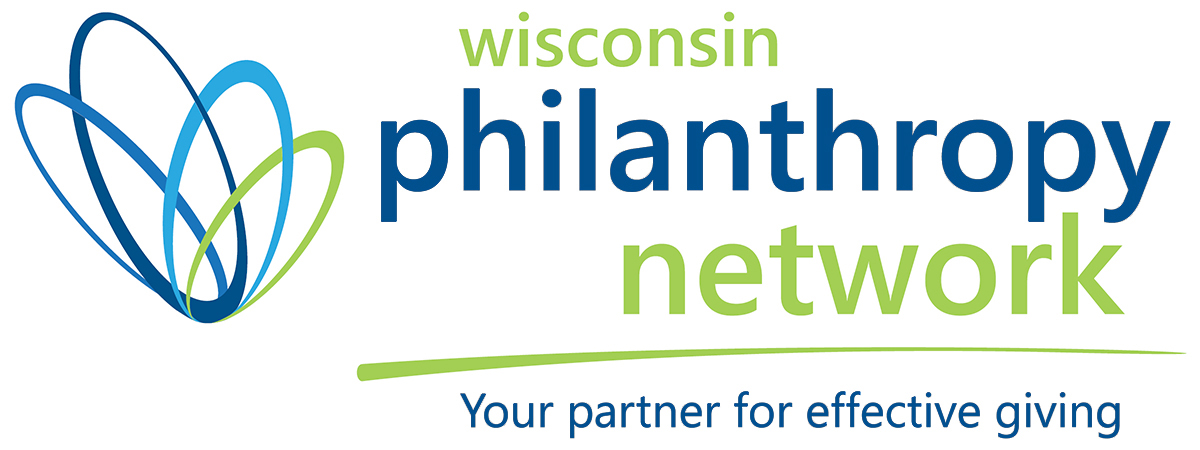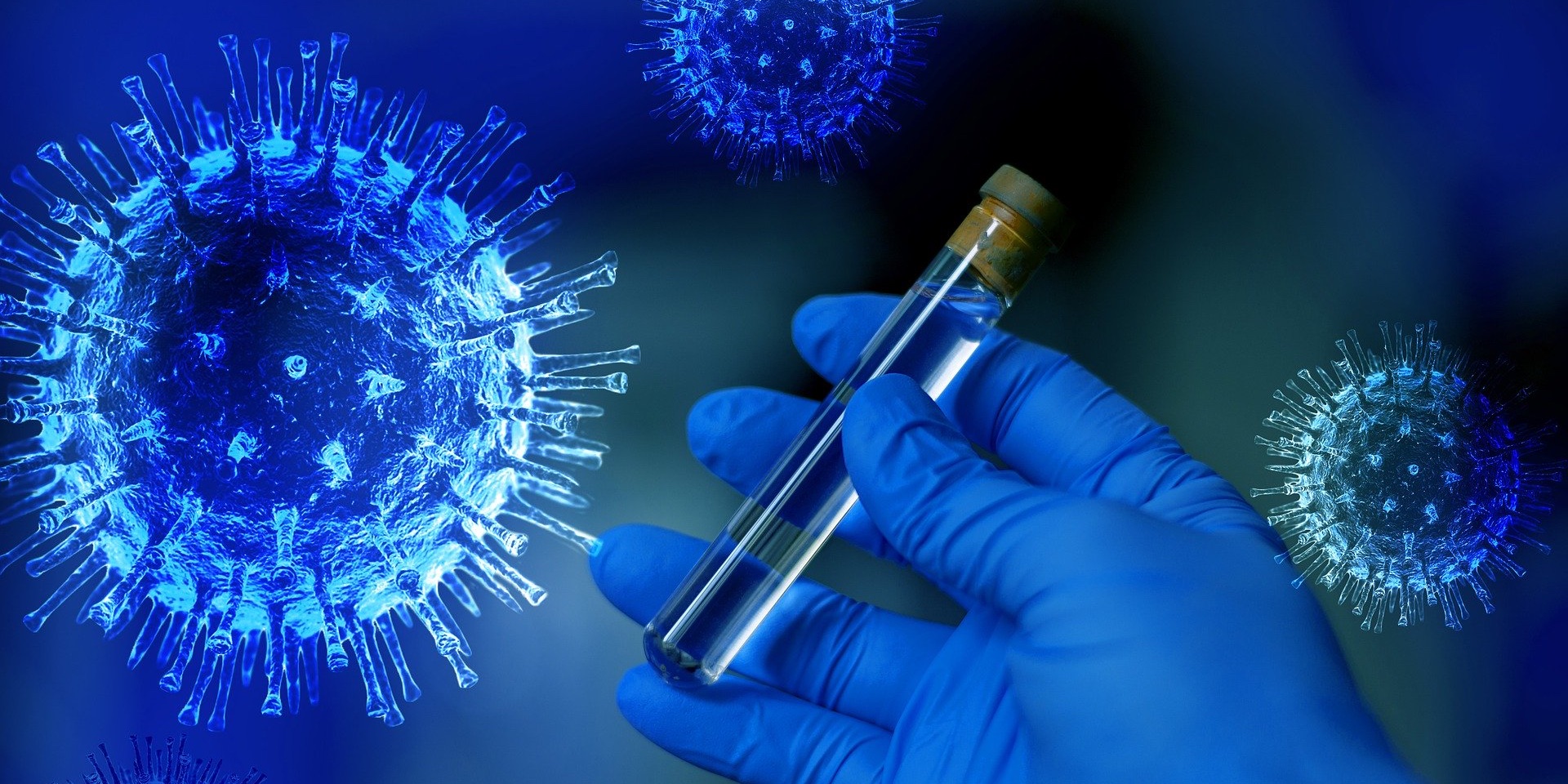UW ICTR has joined with the Wisconsin Partnership Program (WPP) to fund three 2020 COVID-19 Response Grant Awards. These three new awards extend the 22 awards previously announced by WPP to address urgent health needs imposed by the COVID pandemic. ICTR will support these projects through seed funding and in-kind support. Allan Brasier, Executive Director for ICTR, notes,

We selected three additional rapid response projects from this spring’s WPP Faculty-Led COVID-19 Response Grant applications. Starting from our ICTR Strategic Vision to Improve the Health of All in Wisconsin, our criteria included clinical and translational research with the potential to rapidly advance our response to this ongoing public health crisis. Importantly, these projects address health inequities in highly vulnerable populations that this pandemic has exacerbated.
By working with the WPP, we were able to select three highly innovative public health and healthcare projects. An exciting aspect of these projects is that they seek to increase the capacity to deliver health interventions in Wisconsin to lessen the impact of the coronavirus infection.
Christine Sorkness, PharmD, Senior Associate Executive Director of ICTR, adds,

The Pilot Awards Team will connect the three PIs with ICTR research resources, e.g., biostatistics services, the Dissemination and Implementation Launchpad, and the Collaborative Center for Health Equity, to advance these projects’ goals.
Clinical/Public Health Research
Project Title: UW-Health COVID-19 Convalescent Plasma Program
(As part of the National CCPP-19 Program)($50,000)
PI: William Hartman, MD, PhD, Department of Anesthesiology, SMPH
Co-PI: Betsy Nugent, Director of Clinical Trials Development and Accreditation/Chief Clinical Research Officer, UW/UW Health
In coordination with Mayo Clinic, Johns Hopkins, and other institutions, the University of Wisconsin-Madison joined the National COVID-19 Convalescent Plasma Program with the goal of developing a timely, coordinated, UW-centered convalescent plasma collection process, and delivering COVID-19 convalescent plasma to patients with serious or immediately life-threatening COVID-19 infections.
Healthcare Delivery
Improving and Evaluating Virtual Health to Enhance Physical Distancing Measures in Wisconsin Nursing Homes ($75,000)
PI: Christopher Crnich, MD, PhD, Department of Medicine, SMPH
Collaborators: Elizabeth Chapman, MD and Ann Braus, MD, SMPH and James H. Ford II, PhD, School of Pharmacy
This project seeks to immediately reduce COVID-19 spread in Wisconsin nursing homes by collaborating with academic and community partners to generate knowledge on how to expand telehealth infrastructure to promote quality of care and safety. This work will directly impact resource-poor nursing homes, nursing home residents who are at higher risk for infection, and the providers and staff who take care of them.
Applied Public Health Research
Building a Public Health Reserve with Community Health Workers ($75,000)
PI: Deborah Ehrenthal, MD, MPH, Department of Population Health Sciences and Obstetrics & Gynecology, SMPH
Collaborators: Kate Gillespie, DNP, UW-Prevention Research Center; Jane Mahoney, MD & Kate Williams, SMPH; Mei Baker, MD, SMPH and Wisconsin State Laboratory of Hygiene; Al Bateman, Wisconsin State Laboratory of Hygiene; Paul Moberg, PhD, Population Health Institute
This study will design and pilot test a sophisticated, culturally appropriate strategy to support the rapid scale-up of strategies to accomplish population-level COVID-19 testing, contact tracing, and ultimately vaccination. The project will focus on young and extended families who face higher rates of poverty and/or live complex lives, and will take advantage of the existing infrastructure of community-based programs and community health workers (CHWs) including home visitors, promotoras, and doulas. These CHWs are already working effectively with communities and with focused training could be rapidly engaged to address the needs of a second phase pandemic response.




